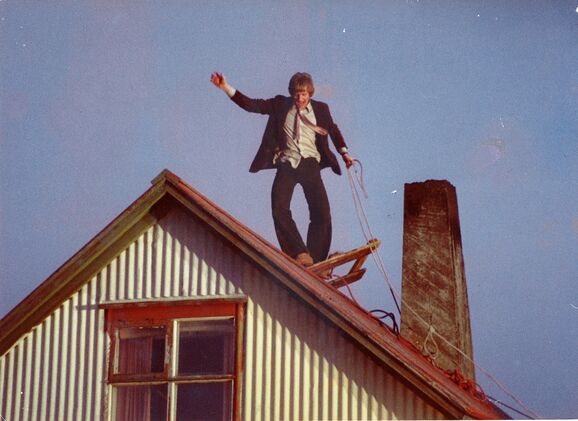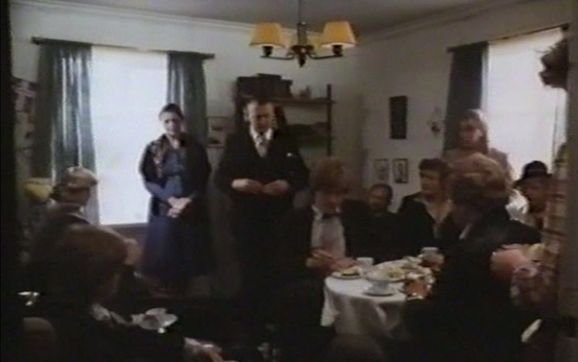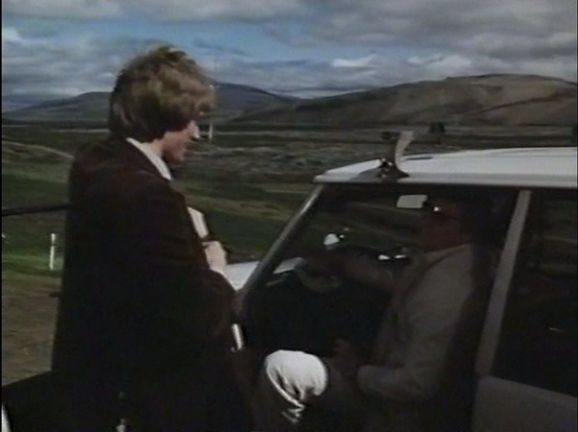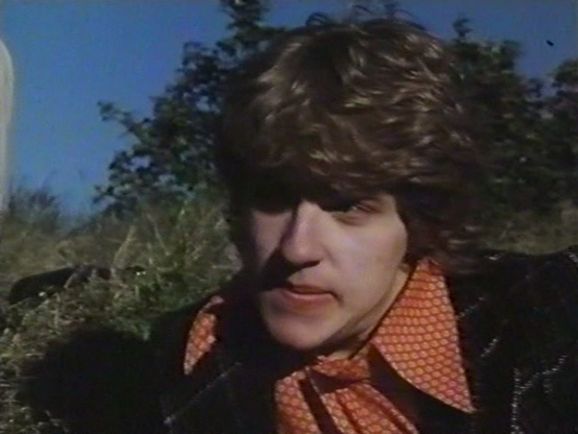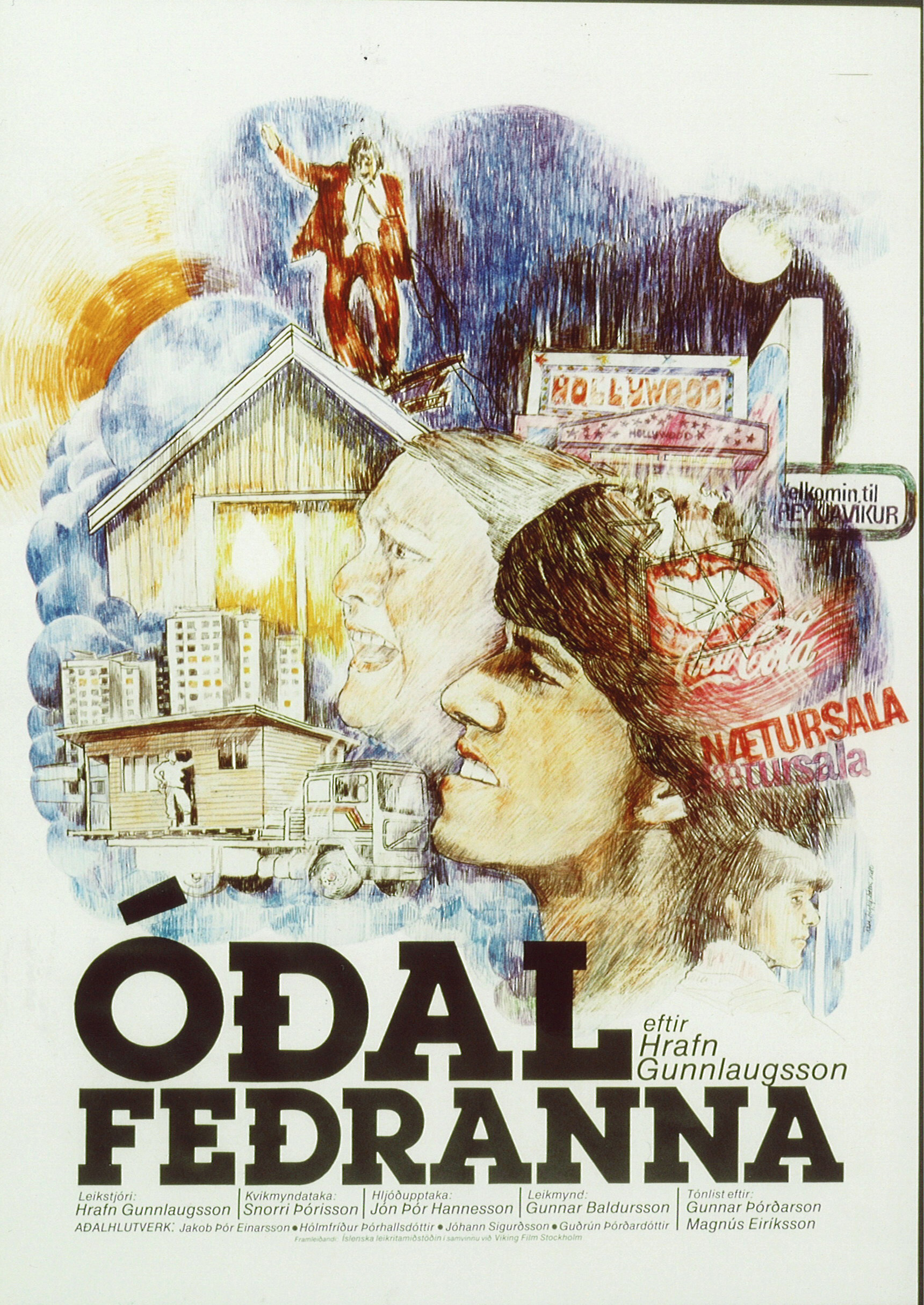Father's Estate
Father's Estate caused more public and journalistic controversy than any other Icelandic film had ever done. This was the first time a film held up a starkly realistic mirror to modern times in Iceland, struck out against the long-held romantic view of the countryside, the pervasive power of the cooperative societies, the bondage of the land and the great deception that men are better Icelanders for seeking out their lives in the country. The political message of Father's Estate may be summed up in one phrase: It is not the farmers who own the cooperative societies; it is the cooperatives which own the farmers. In Father's Estate, Hrafn Gunnlaugsson shows us the reverse side of an often-flipped coin. Icelandic authors had for years deplored the fate of those who left the delightful countryside for the inhospitable towns. In Father's Estate, the pleasures of rural life have become a nightmare and the tragedy lies in not being able to get away, to be chained to the land, a prey to poverty and social isolation, on a farm so small it should long since have been abandoned.
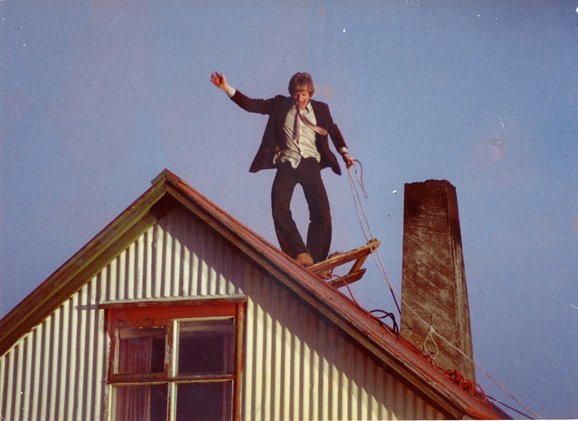
Crew
-
Directed by
-
Screenplay
-
Director of Photography
-
Editor
-
Music Composer
-
Producer
-
Assistant Director
-
Casting by
-
Costume Design
-
Make-Up
-
Production Designer
-
Script Supervisor
-
Sound Engineer
About the film
-
TypeFeature Film
-
National Premiere DateJune 21, 1980, Háskólabíó
-
GenreDrama
-
Length98 min.
-
LanguageIcelandic
-
Original TitleÓðal feðranna
-
International TitleFather's Estate
-
Production Year1980
-
Production CountriesIceland
-
IMDB
-
Icelandic Film Centre GrantYes
-
Production Format35mm
-
Aspect Ratio1.66:1
-
ColorYes
-
SoundStereo
-
Screening format and subtitlesNo print available
Cast
-
Main Cast
-
Supporting Cast
Company Credits
-
Production Company
-
In Partnership With
-
Supported by
Festivals
- 2011Filmfest Hamburg, Icelandic retrospective
Television distribution
-
IcelandRÚV, 1994
Releases
- F.I.L.M., 2008 - DVD
